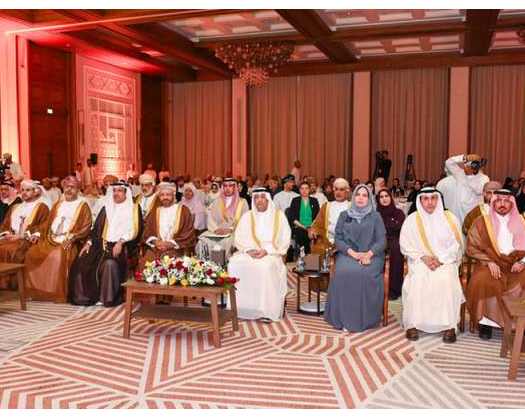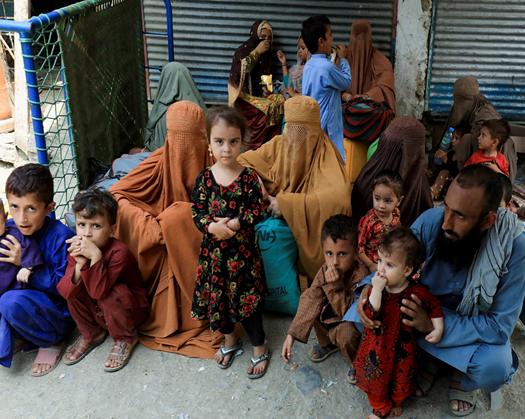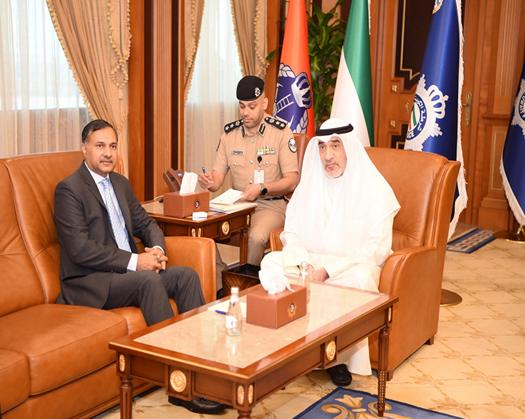Muscat: The GCC Statistical Centre commemorated Gulf Statistics Day today, themed “Future of Statistics Towards Sustainable Gulf Development.” This theme underscores the essential function of statistics in bolstering developmental initiatives by delivering reliable data and indicators that aid decision-makers and evaluate developmental progress.
The event took place under the patronage of Jassim bin Mohammed Al Budaiwi, the GCC Secretary-General, and was attended by Sayyid Badr bin Hamad Al Busaidi, the Foreign Minister.
In his address, the GCC Secretary-General emphasized that the observance of Gulf Statistics Day reflects the significant focus that GCC leaders place on the statistical sector. He acknowledged the crucial importance of statistical data in informing public policies, enhancing decision-making, and formulating comprehensive plans and programs that promote the growth and well-being of Gulf societies.
He reiterated the GCC's appreciation for the pivotal role of the GCC Statistical Centre in delivering essential statistical information across various developmental sectors. The centre has effectively assisted decision-makers in the GCC nations by providing key indicators to monitor collective Gulf progress, ultimately benefiting the citizens of the region.
Furthermore, the centre has launched initiatives to bolster national statistical efforts, oversee the execution of resolutions, and conduct studies to evaluate the Gulf Common Market, in partnership with national statistical agencies throughout the GCC.
He emphasized that the upcoming phase of Gulf cooperation necessitates a thorough assessment of accomplishments through precise and dependable performance metrics to advance future objectives. In this context, the significance of collaborative statistical efforts and their results becomes crucial in aiding decision-makers across diverse sectors to analyze data and make well-informed choices.
Intisar Abdullah Al Wahaibi, Director General of the GCC Statistical Centre, remarked that this annual event highlights the vital role of statistics in fostering a promising future for the GCC countries and their populations.
She noted that accurate data and information are essential for executing sustainable development projects and demonstrating the extent of Gulf cooperation in improving the well-being of citizens.
Furthermore, she stated that Gulf Statistics Day serves not only as a celebration but also as an opportunity to reflect on the substantial advancements made by the GCC in various domains. Over the years, the GCC statistical framework has gained valuable experience and expertise, significantly benefiting development initiatives across member nations. The GCC Statistical Centre remains committed to prioritizing statistics as a fundamental resource for development and a trustworthy source of data for the GCC countries.
Al Wahaibi pointed out that since its inception in 2013, the GCC Statistical Centre has established a robust statistical system designed to enhance the statistical and institutional capabilities of member states. This initiative has resulted in ongoing improvements in both the quality and quantity of statistical outputs through collaborative programs and the alignment of national statistical strategies with international best practices.
The centre also prioritizes the effective publication and dissemination of statistical data. The GCC Statistical Centre has developed a strategic roadmap for statistical initiatives in the Gulf, focusing on essential areas such as population dynamics, social and economic statistics, environmental and energy metrics, tourism, methodologies, data quality, and sustainability indicators. These initiatives are designed to provide decision-makers with crucial insights to support both current and future projects in the Gulf region.
Moreover, the centre employs cutting-edge technologies to generate statistical data and indicators across various domains, including social, economic, environmental, and cultural sectors. Its dedicated platform for sustainable development indicators tracks the progress of GCC nations in meeting the United Nations Sustainable Development Goals (SDGs), enabling comparisons between countries to assist policymakers.
The ceremony featured a visual presentation titled “Future of Statistics Towards Sustainable Gulf Development,” which illustrated the significance of statistics in reaching development objectives and showcased accomplishments in sustainable development indicators.
Additionally, the event included presentations from prominent countries in the statistics field and recognized exceptional statisticians and statistical institutions throughout the GCC.
Alongside the ceremony, an exhibition was organized to display projects and statistical applications from GCC countries, as well as the latest statistical publications. This exhibition emphasized the achievements of the GCC Common Market, initiatives aimed at fostering Gulf economic citizenship, and the indicators that position the Council as a leading model and a formidable global economic entity. It also presented data from the Gulf statistical system, indicators related to the Gulf joint economic action framework, and metrics for achieving the SDGs.








